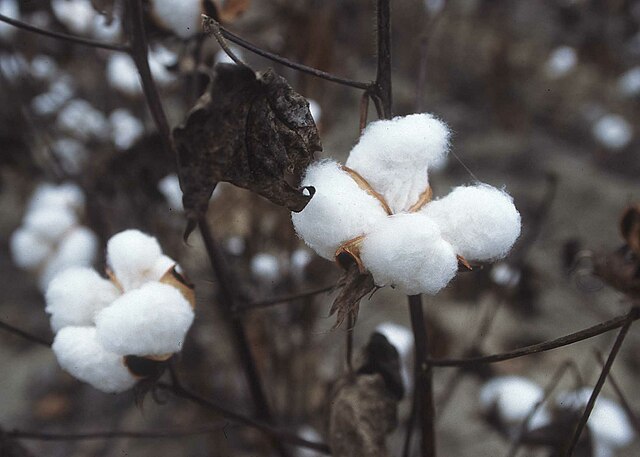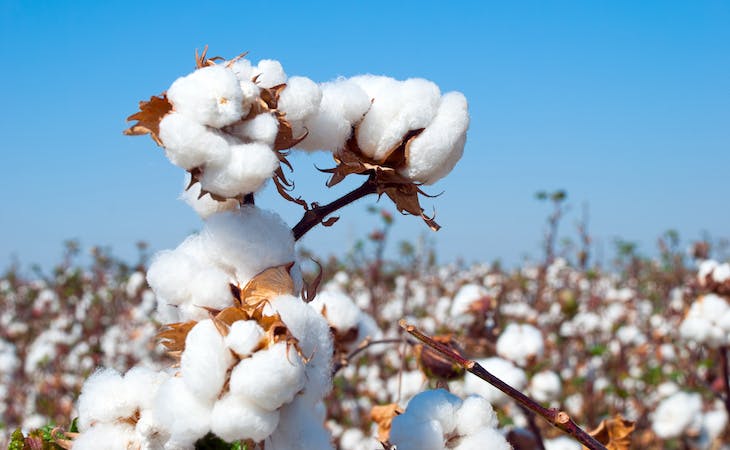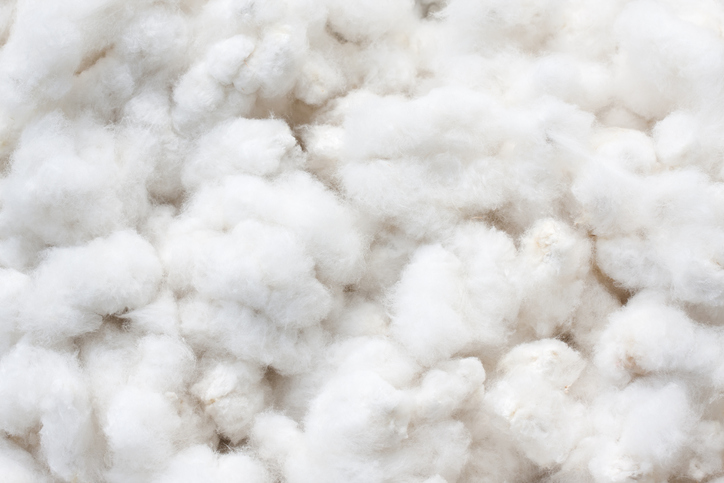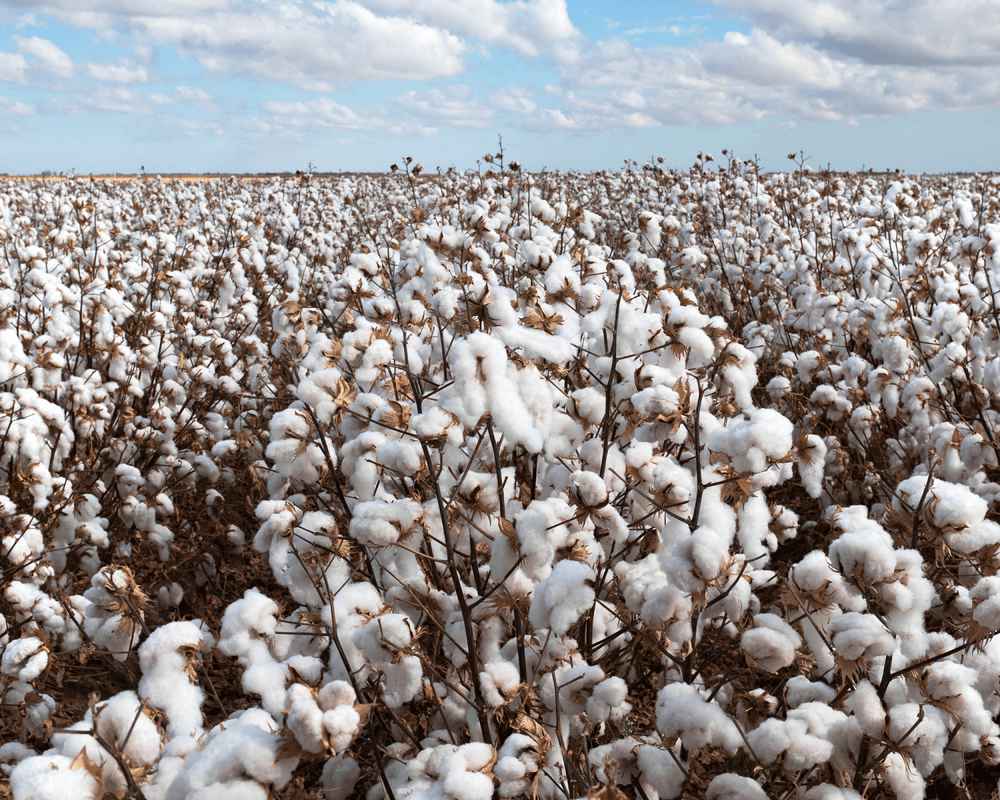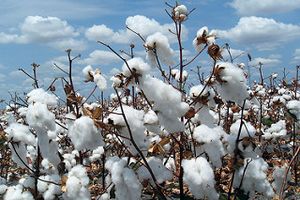
Ecological and Social Costs of Cotton Farming
In today’s age, cotton is one of the most versatile crops that the earth has to offer. Many of us are familiar with the usage of clothing in cotton, but cotton is also used in beauty products and food products as well. Look at the clothes that you are wearing right now, a majority; if not all of it is made out of cotton material. Cotton is favorable in clothing because of its softness, durability, and insulation characteristics. The leftover cotton seed can be used to make cottonseed oil and cotton meal. The oil can be used in cooking, such as deep frying foods or used in salads as a dressing. If not used in cooking, cottonseed oil can also be used to make tons of oil-based products such as soap, candles, or even cosmetics. Cotton meal is rich in protein and is used for human consumption or for animal fodder. These cotton products and byproducts are used by people all around the world, the amount of cotton consumed must be insane! The growth of cotton takes up approximately 2.5 percent of the world's cultivatable land across 85 different countries. During the year of 2015 to 2016, the world consumed a staggering amount of 24.2 million metric tons of cotton. This includes uses of cotton in all its forms. However, with the good comes the bad and although cotton has a ton of benefits, it also carries many social and environmental drawbacks.
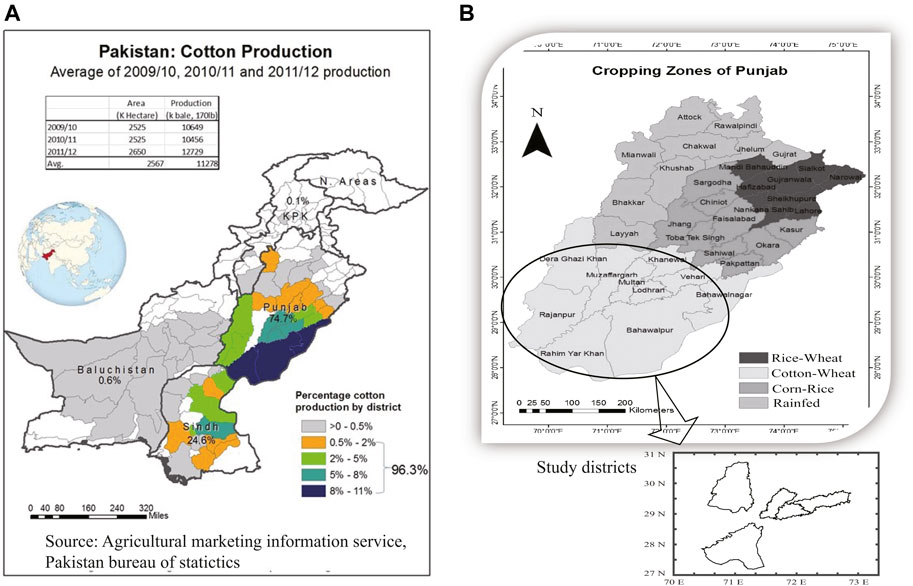
Frontiers Analysis of Energy Input–Output of Farms and
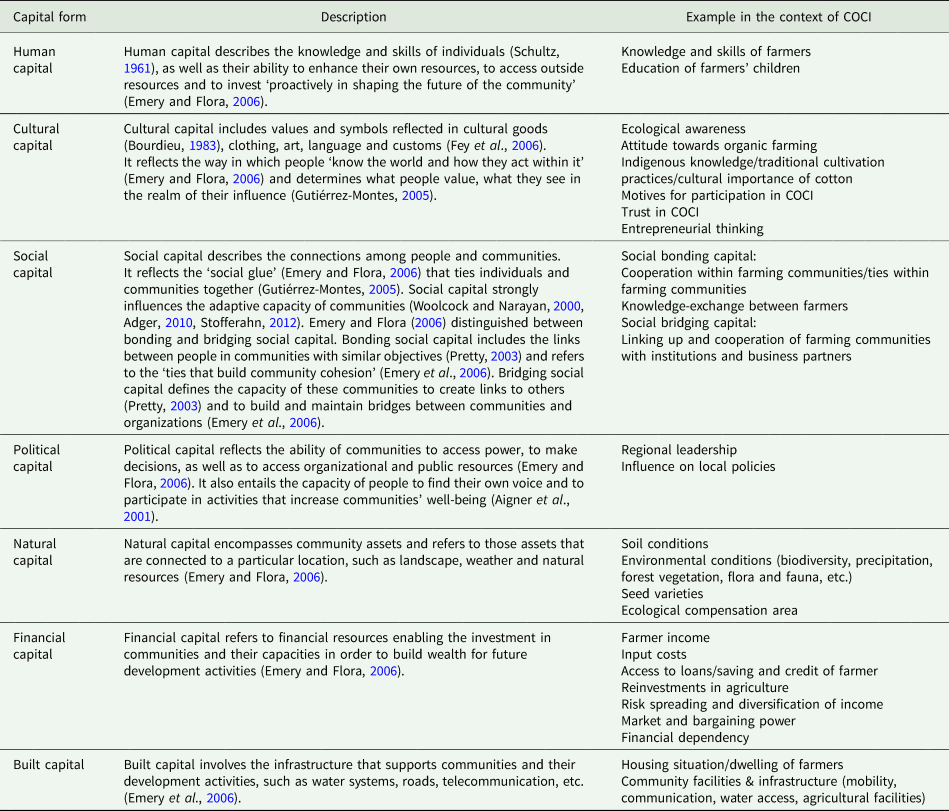
Community transformation through certified organic cotton
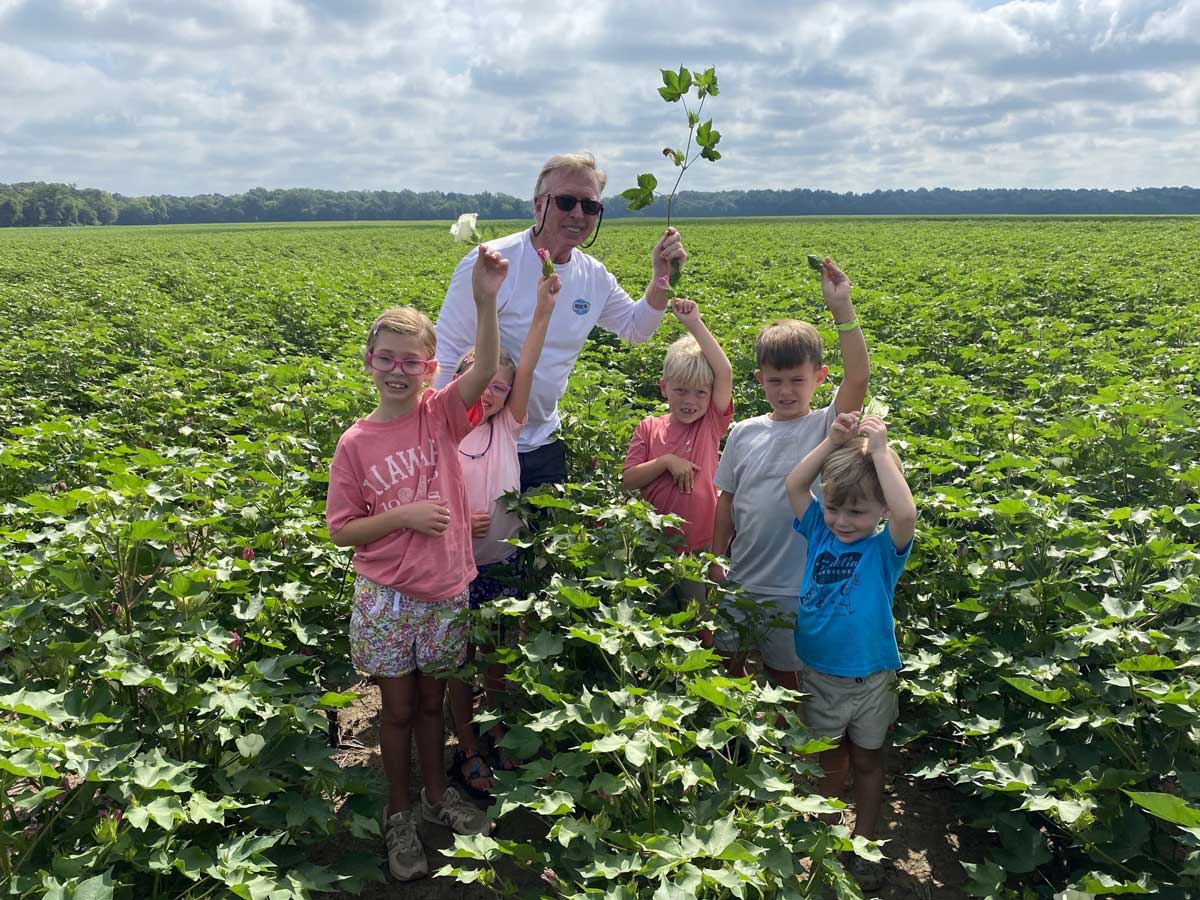
In Our Fields - Trust US Cotton Protocol
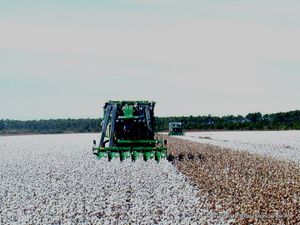
Ecological and Social Costs of Cotton Farming

Motivations, goals, and benefits associated with organic grain

Calls to increase crop reference prices would help fewer than
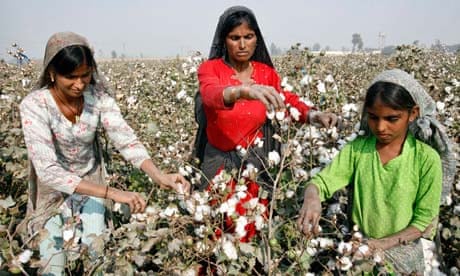
Cotton carbon emissions: how the shirt on your back affects
:watermark(cdn.texastribune.org/media/watermarks/2022.png,-0,30,0)/static.texastribune.org/media/files/b69c502170ac04ff14dddeab6c3781af/Cotton%20Drought%20JR%20TT%2003.jpg)
Texas' drought is costing the state's cotton farmers billions of dollars

Sustainability assessment of sanitary pad solutions to reduce period poverty

Mens Silk Underwear: 5 Fabrics To Avoid
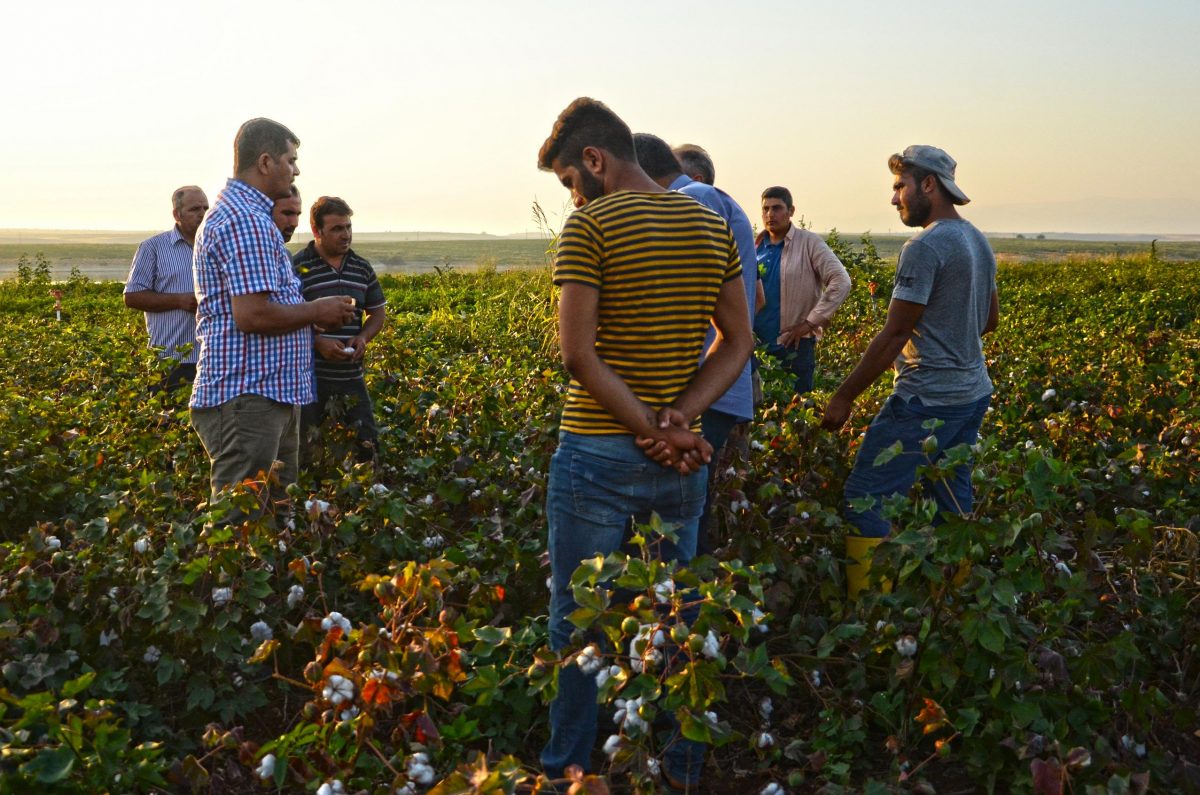
How Better Cotton promotes decent working conditions around the world
